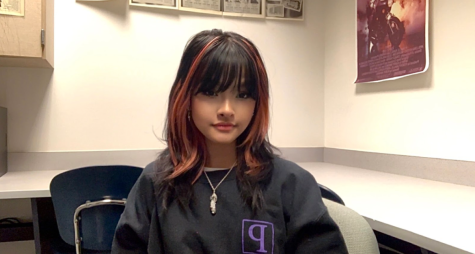Opinion: Pop culture still struggles with Asian representation

The South Korean pop group BTS has achieved success, yet still faces backlash.
November 4, 2020
South Korean pop group BTS has become a name that almost everyone recognizes. They have been nominated for a Grammy, and their most recent single, the disco-pop song “Dynamite,” made them the first South Korean act to have a No. 1 single on the Billboard Hot 100.
Although the track is entirely in English, it was still met with backlash, and many people refuse to acknowledge the success it has become. The group and their songs have been the target of racist and xenophobic comments.
One of the group’s members, Suga, has said that “You’ll like BTS’s music if you listen without prejudice.”
Music is something that has the power to transcend the barrier of language. There is an opportunity to find many different styles that suit people’s tastes if they would keep their minds open.
Unfortunately, achieving success in a xenophobic, white-dominated field is extremely difficult. Asian representation in the media has seen an increase over time, but it is still met with prejudice throughout pop culture.
There has been some progress, with films like Crazy Rich Asians providing insights into Asian life and culture. But then there is the case of the film Parasite, by Bong Joon-Ho.
It recently won four Oscars and became the first non-English language film in Oscar history to win the award for Best Picture. Although the film was amazing and well deserving of the wins, even the President of the United States took jabs at it simply because it was from South Korea.
“The winner is a movie from South Korea. What the hell was that all about?” Trump asked after the Oscars presentation.
Throughout recent years, there have been many movies with diverse casts that gave people of many different backgrounds a chance to see themselves represented. Although the representation of Asian culture has increased, society has yet to become any less xenophobic.


